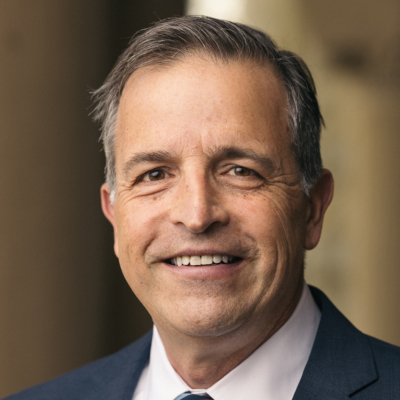HP-Oracle Itanium Chip Outcome May Turn On Hurd Settlement
Summary
Professor George Triantis spoke with Joel Rosenblatt and Aaron Ricardella of Bloomberg News to discuss the outcome of the HP-Oracle lawsuit regarding Itanium chip technology.
Hewlett-Packard Co. (HPQ)’s lawsuit to force Oracle Corp. to continue making software for its servers may turn on two sentences of the computer-maker’s separation agreement with former Chief Executive Officer Mark Hurd.
Oracle, six months after Hurd became its co-president in 2010, said it would stop developing software for Intel Corp. (INTC)’s Itanium chip, a component of high-end Hewlett-Packard servers. Hewlett-Packard, in a trial that started today in state court in San Jose, California, accuses Oracle of violating a portion of Hurd’s agreement describing a “reaffirmation of the Oracle-HP partnership.”
…
Stanford Law School Professor George Triantis said that paragraph doesn’t amount to a “new legal obligation.”
‘Implied Obligations’
“It is pretty clear that it’s a reaffirmation of the partnership that existed prior to Oracle’s hiring of Hurd, rather than the creation of something new,” Triantis said in an interview. “You have to look whether there was a legal obligation that existed before the settlement — and there might well be that.”
Under California law in particular, it’s possible to read “implied obligations” in such relationships, Triantis said. While the legal obligation claimed by Hewlett-Packard may not be spelled out in detail, “that doesn’t mean you couldn’t find it in the interaction between the parties before the settlement agreement,” he said.
Read More
